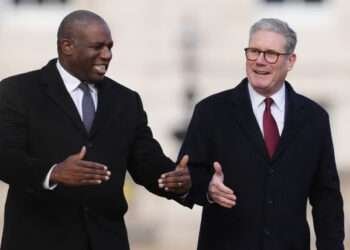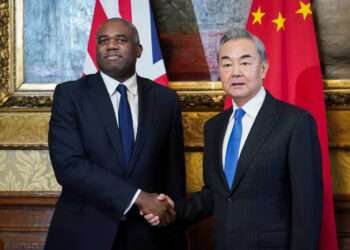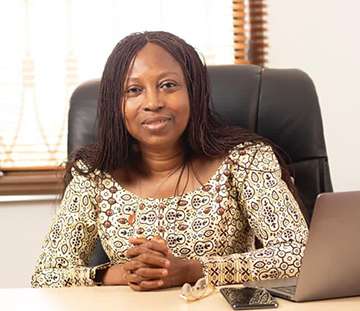The UK could face billions in financial consequences if it fails to confront Russia over Ukraine, Foreign Secretary David Lammy has warned. Speaking at the Munich Security Conference, he stressed that Ukraine’s struggle is an “existential question” for Europe and highlighted the economic implications of inaction.
Lammy underscored Ukraine’s “irreversible pathway towards NATO” and pointed out the sharp contrast in military spending between the Cold War era and today. While NATO nations once allocated approximately 7% of their GDP to defense, the UK currently spends just 2.3%. He cautioned against the notion that avoiding involvement now would save money in the long run. “If Ukraine were to fail, the costs would be considerably more.”
Meanwhile, at the same conference, the US confirmed that Europe would have no direct role in peace talks regarding Ukraine’s future. Keith Kellogg, the US President’s special envoy for Ukraine, was asked whether European nations would be included in negotiations. His response was unequivocal: “I am from the school of realism, and that is not going to happen.”
This revelation has heightened concerns among European leaders, who fear that a deal negotiated without their participation could undermine regional security. Ukraine’s President Volodymyr Zelensky has responded by calling for the establishment of an “army of Europe” to ensure the continent is not reliant on US support for defense.
“As we fight this war and lay the groundwork for peace and security, we must build the armed forces of Europe so that Europe’s future depends only on Europeans, and decisions about Europe are made in Europe.”
President Volodymyr Zelensky
He further suggested that the “old days” of America guaranteeing European security were over and emphasized that no ceasefire deal would be agreed upon without Ukraine’s direct involvement.

Lammy Appeals to Trump’s ‘Deal-Maker’ Mindset
In his speech, Lammy sought to appeal to former US President Donald Trump’s reputation as a master negotiator.
Referencing Trump’s book The Art of the Deal, he argued that securing US industry, business, and defense involvement in Ukraine’s future was the best way to deter further Russian aggression.“That is what will make Putin sit up and pay attention, and that is what’s attractive to a US president who knows how to get a good deal,” Lammy said.
However, he reiterated that the situation transcends economic and military strategy—it is a fundamental issue for Europe’s stability.
“There is a question for Europe. If we look at GDP combined, it’s about 0.01% that we are spending on that fight for Ukraine. We know this is the frontline, not just for Ukraine, but for Europe.”
David Lammy
He also warned that even after a negotiated peace, Russian President Vladimir Putin would remain a persistent threat. “We know too that even when we get to a negotiated peace, Putin will not go away. So this is an existential question for Europe.”
Appearing alongside his counterparts from France, Germany, and Poland, Lammy reiterated that NATO membership remains the most viable long-term security solution for Ukraine. “We say that there is an irreversible pathway for Ukraine towards NATO — that is the cheapest and it is the best mechanism to secure peace, not just in Europe, but across the Euro-Atlantic.”
Europe’s Financial Stakes in Ukraine’s War
The economic argument for continued support to Ukraine remains central to Lammy’s message. He emphasized that the financial burden of allowing Ukraine to collapse far exceeds the current cost of military and humanitarian assistance.
“All of us as foreign ministers have — how can I put it — detailed conversations with our Treasury departments, and one of the messages that we’re deadly serious about is, if Ukraine were to fail, the costs would be considerably more.”
David Lammy
As the war drags on and negotiations loom, the absence of Europe at the negotiating table raises serious concerns about the continent’s influence over its own security. With Ukraine at a critical juncture, leaders face mounting pressure to ensure that any peace agreement aligns with European interests rather than being dictated solely by US and Russian terms.
READ ALSO: Ken Ofori-Atta Is Not Above Investigation – Lawyer Tamakloe




















